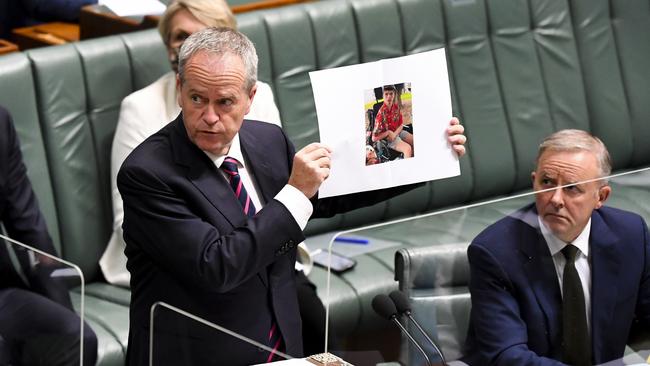
In the last parliamentary sitting week of the year, the left resorted to old tricks. It was back to the future when former Labor leader Bill Shorten launched a health scare campaign in parliament. He drew jeers from the Coalition after using the blown-up image of a youth to make his case against the government. The Speaker instructed him to stop using the kid as a stunt, but Shorten seemed to believe the rules of noble opposition were beneath him. While not on the scale of Mediscare, the low blow was enough to show Labor’s habit of preying on public emotions dies hard.
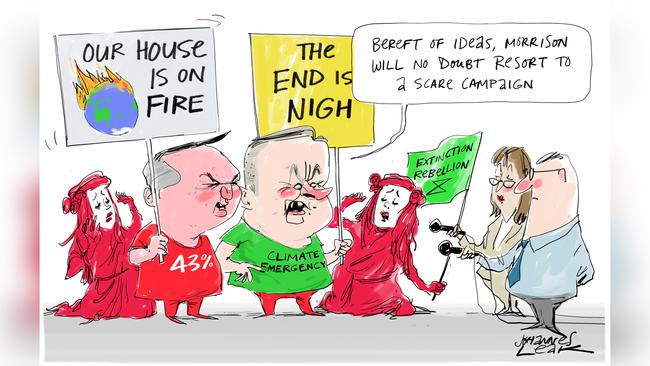
Shorten tied himself up in knots after Morrison calmly refuted his vaudeville politics with facts. The government had looked into Shorten’s argument that it was failing people with disabilities and found at least one example he had cited during the week was on a higher annualised rate of disability support than previously. It was not the only case Morrison exposed as incorrect and Shorten was left sniping from the sidelines. The Speaker noted that when a member asks a question, one might expect him to demonstrate interest in hearing the answer. Perhaps, but not when a member had drawn his conclusion before the question is put.
Shorten has cast a long shadow over Labor and it is resurrecting some of his lesser ideas. Anthony Albanese rejected calls to reform Labor values after its shock loss at the 2019 election. Instead, the party is reproducing the Shorten follies in more elaborate form. Gone is the green pitch to inner-city elites with delusions of moral virtue. Labor’s climate agenda has been repackaged as a blueprint for a clean green economy with 600,000 new jobs in the offing. At its heart is a challenge to the Coalition: anything you can do, Labor can do greener – and quicker. It has committed to a 43 per cent reduction in greenhouse gas emissions on 2005 levels by 2030. Yet Shorten’s 45 per cent target was roundly condemned after independent modelling by economist Brian Fisher showed it could deliver a $53bn blow to GDP.
That Labor felt comfortable pitching a big-spending climate change agenda despite a projected net debt of $981bn in 2025 reveals the degree to which Covid has changed the national conversation on fiscal responsibility. The Coalition will honour the international pledge it made under the Paris Agreement, a 26-28 per cent emissions reduction on 2005 levels by 2030. It is on track to exceed the target and forecasts a 35 per cent reduction in emissions within the next decade. But what it lacks is Labor’s clear plan and ability to translate complex technology into plain speak. The ALP deserves credit for making its climate plan coherent and more accessible.

While most political parties consider lower emissions broadly desirable, the cost to taxpayers and the national economy remains unknown. The party with the most realistic climate plan to stimulate the economy by keeping cash in taxpayers’ pockets and limiting government subsidies to demonstrably profitable green projects will probably fare better. Splashing cash on more speculative ventures is unlikely to play well in a country facing increased cost of living expenses and a trillion-dollar debt courtesy of the Covid pandemic.
The Coalition and Labor know the stakes are high and everything rides on predicting the issues of most concern to most voters at election time. A persistent problem in representative democracies is managing the differing values and priorities across electorates. However, there are some reliable themes, including hip pocket concerns. After the last election, Newspoll showed more than 50 per cent of voters thought cost of living and the economy should be the government’s top priority. Only a fifth believed climate change should get top billing. Labor put an uncosted climate plan front and centre of the party’s election campaign and paid the price.
Since the Coalition wooed the working class that Labor forgot, Howard’s battlers and Morrison’s quiet Australians have delivered shock election results. But there is a real risk they will desert the big game for the minor leagues if Morrison cannot overcome the campaign by Labor and former colleague Malcolm Turnbull to depict him as untrustworthy.
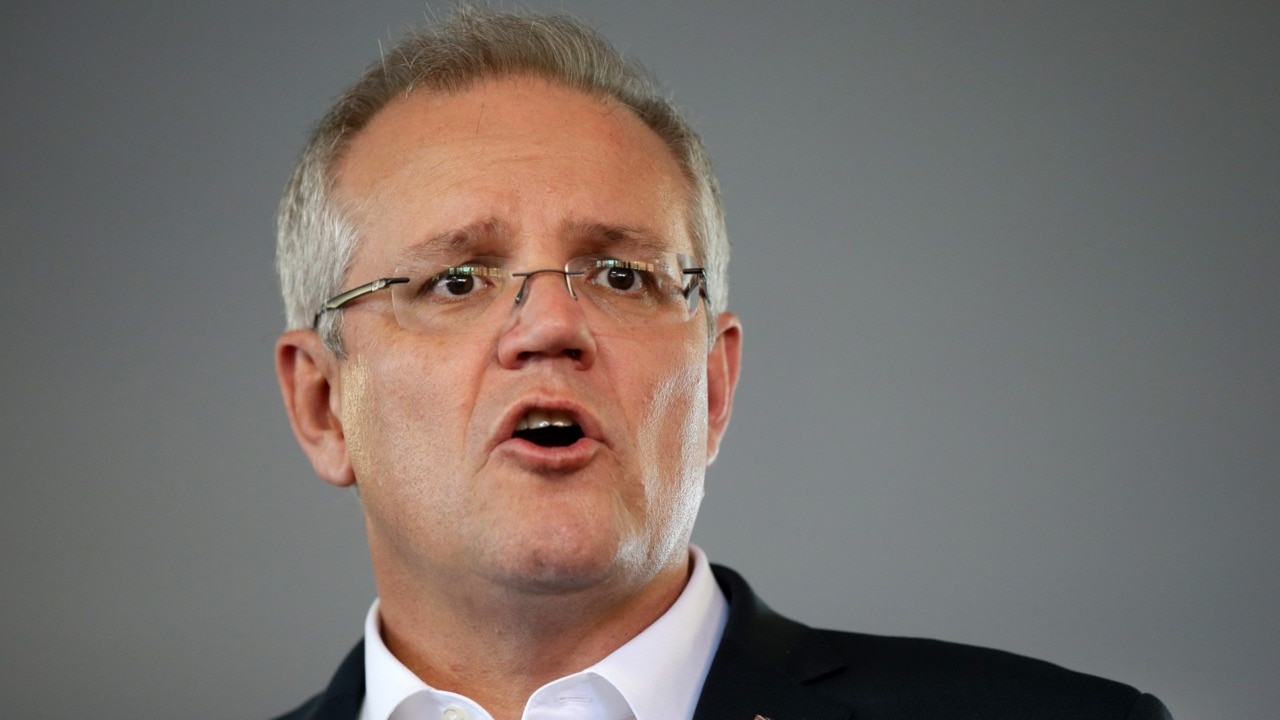
The government will need to convince voters it can shepherd the country out of the pandemic by providing shelter in the economic storm to come. It will need to argue that Labor overpromises and underdelivers on cost of living and national prosperity. It will need to show the fiscal outlook is sunnier Down Under, despite global economic uncertainty. Its pitch will need to be aimed at middle Australia where cost of living pressures hit hardest and the buffer between manageable debt and default is fine.
The party that deserves to govern will consider the precarious position of the many Australians who live pay cheque to pay cheque. Some thrived on government stimulus, easy credit and low interest rates during the pandemic, but will struggle with the debt reckoning to come. The most important players in an election campaign are the Prime Minister and Leader of the Opposition. In 2022, the Treasurer and his shadow could well steal the show.


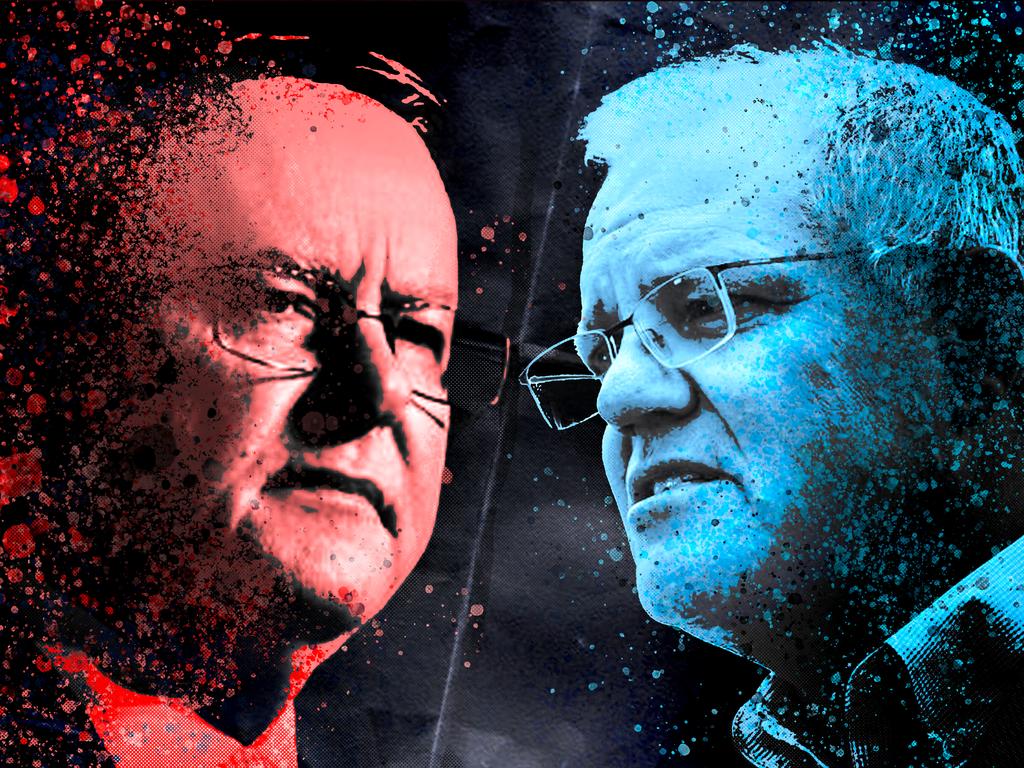
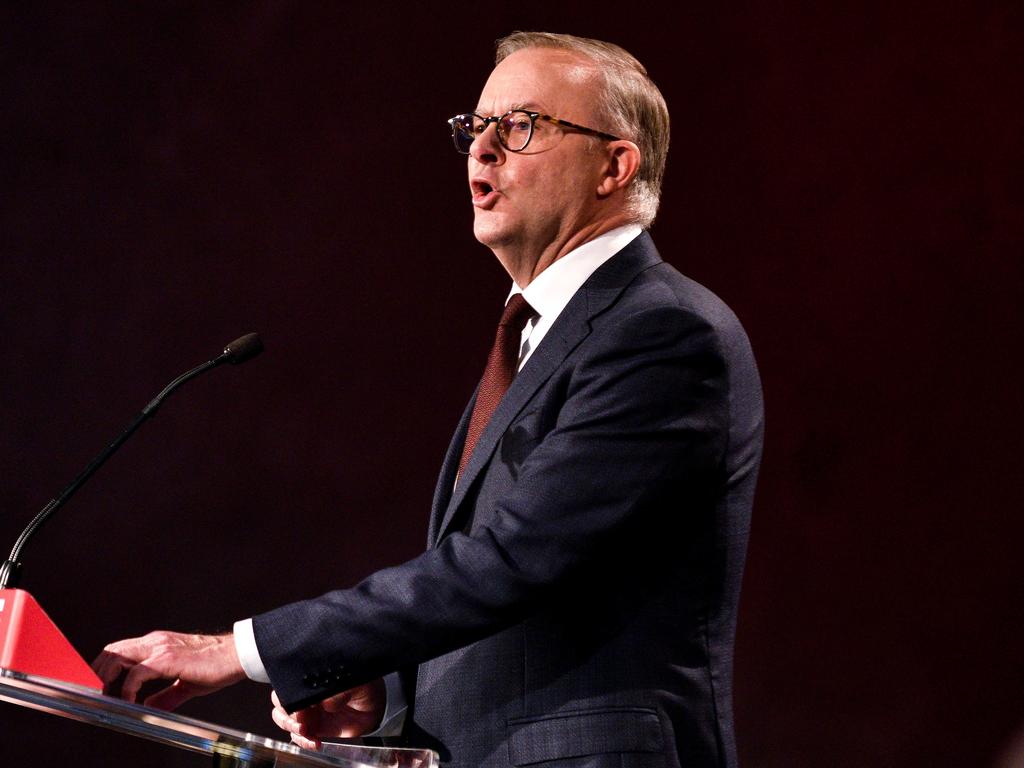

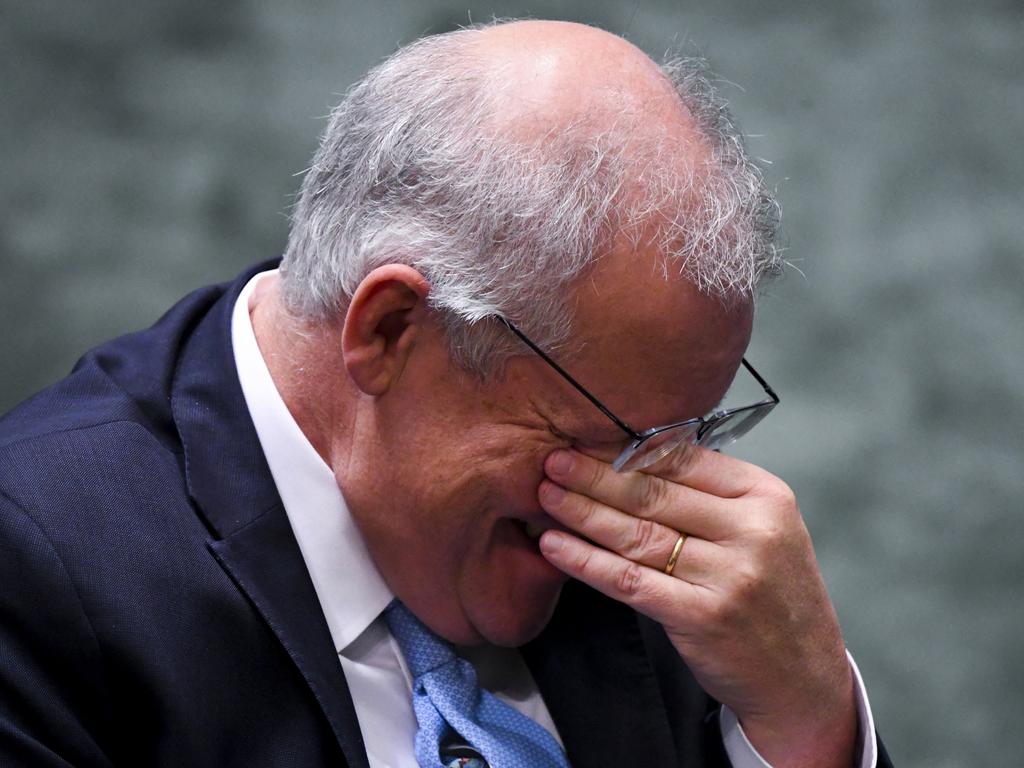

Elections are a battle for survival. The team with the strongest electoral pulse wins. The Coalition has taken three consecutive elections by playing the main game while the chattering classes play the man. Labor has been lounging on the opposition benches since it snubbed the working class to gorge on the low-hanging fruit of identity politics. Three election losses should have been sufficient to teach Labor that political correctness is the preserve of the privileged, but the green left is not a quick study.